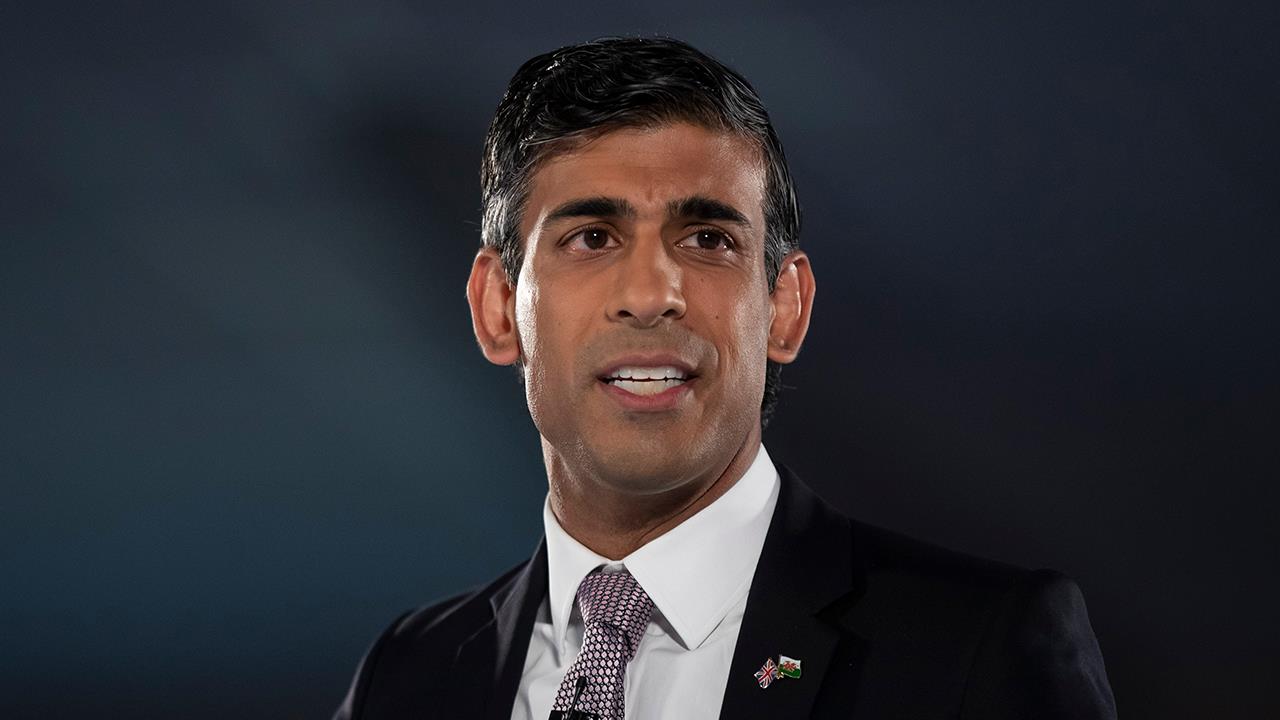

As I write this, shortly after his (very) brief first address to the nation, Rishi Sunak called for stability; something that is sorely needed for all walks of life after an especially turbulent year. Our industry is certainly crying out for greater certainty to enable it to appropriately respond and prepare for the challenges associated with the UK’s net-zero 2050 carbon goals.
With the promotion of known climate-sceptic Jacob Rees-Mogg as Secretary of State for Business, Energy, and Industrial Strategy (BEIS) during Liz Truss’ short tenure, there was some consternation as to whether the low carbon vision that had been set out (including the proliferation of heat pumps) would be backpedalled on. However, with Grant Shapps appointed the new BEIS minister, there is now hope that the threat of rowing back on existing commitments has dissipated.
Although at this early stage, it’s impossible to know for sure what the new Prime Minister’s approach to the heating sector as a whole will be, we do know that he is at least publically supportive of the UK’s net-zero targets. Concerningly, however, he has demoted the role of climate minister, which will no longer attend cabinet.
There are some interesting questions Mr Sunak’s premiership will have to answer surrounding future heat sources though, especially as the viability of hydrogen has come under fire in recent weeks. This is due, in part, to a report from energy analyst Cornwall Insight that suggests replacing gas with hydrogen for home heating could cost 70-90% more than natural gas, on average.
With the government expected to make a decision next year on whether to allow blending up to 20% hydrogen in the gas network, it is something that his administration will likely need to reflect on in the near future.
If you'd like to keep up-to-date with the latest developments in the heating and plumbing industry, why not subscribe to our weekly newsletters? Just click the button below and you can ensure all the latest industry news and new product information lands in your inbox every week.